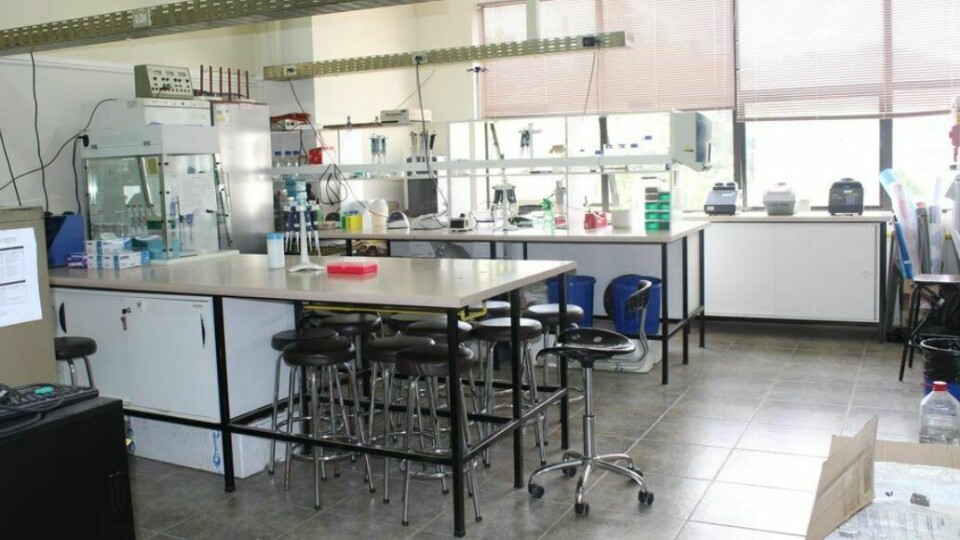
Chile: Researchers seek clarity for GM aquaculture
Chilean academics say the country’s regulations on genetic engineering and modification must be clarified and improved proactively if aquaculture’s interest in the field is to progress.
The government’s aquaculture ministry, Subpesca, has received various applications for permits to conduct research in aquaculture species using genetic modification techniques.
And in two weeks’ time the University of Concepción (Udec) will hold an open workshop on the subject for fish farmers, researchers, NGOs, students and professionals, among others.
Worldwide analysis
Udec has been leading a project called “Analysis of the State of the World Situation and Projections of the Production and Uses of Genetically Modified Organisms with Emphasis on Aquaculture” since May last year. The project is funded by Subpesca’s Fisheries and Aquaculture Research Fund (FIPA).
“This FIPA project has a general objective to gather and systematise information regarding the state of the art of the generation and use of GMOs worldwide, with emphasis on aquaculture, focusing on the different techniques used for the generation of GMOs, describing the main scientific and productive techniques, highlighting food production through aquaculture, sanitary control, environmental control and control of hydrobiological pests,” Udec told Fish Farming Expert’s Chilean sister site, Salmonexpert.
“This is complemented with the analysis of international legislation and regulations related to GMOs in aquaculture.”
Growing interest in GM
Udec has also carried out a survey of opinions about genetic modification and alteration, which was completed last week.
The university said Subpesca has received various applications linked to permits to conduct research on aquaculture species in Chile using genetic modification techniques, “which shows in some way the interest in this activity, which we are verifying through the survey”.
However, due to the incipient development of biotechnology applied in aquaculture and the complexity of evaluating the biological and ethical impacts of its results, Chilean regulations on the handling, generation, protection, transport, cultivation and import of GMOs “must be improved with a proactive approach that encompasses all possible alternatives”, Udec said.
Importance of definitions
“Initially, the internationally accepted definitions regarding GMOs should be considered, given that the scarce regulations in force in Chile mean there is a tendency to consider GMOs and transgenic organisms as synonyms, without taking into account that in addition to transgenics, there are other alternatives of GMOs, such as polyploid organisms generated by biotechnological tools,” added the university.
“There are several State ministries that participate in the regulations of GMOs, such as the Ministry of Health, the Ministry of Economy, the Ministry of Environment and the Ministry of Agriculture, which creates a situation of overlapping functions that need clarification.”
Currently, the closest thing to a regulatory body for the purposes of GMOs is Chile’s Agricultural and Livestock Service (SAG) which is responsible for establishing the rules and procedures for the import and release of GMOs under regulated biosafety conditions, said Udec.
However, SAG’s competencies in the subject of GMOs are with respect to plant organisms. These could be extended to marine organisms, or a similar entity could be created within Subpesca to look after marine organisms, concluded the university.






















































